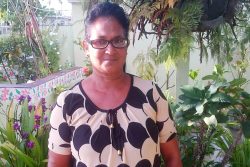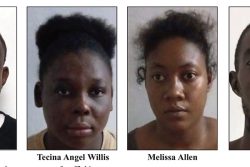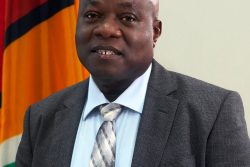TALAT N’YAAQOUB, Morocco, (Reuters) – Many survivors of Morocco’s earthquake struggled in makeshift shelters yesterday after a fourth night in the open, while villagers in devastated mountain areas voiced frustration at having received no help from the authorities.
The death toll from the 6.8 magnitude quake that struck in the High Atlas Mountains late on Friday evening rose to 2,901, while the number of people injured more than doubled to 5,530, state television reported.
It was the North African country’s deadliest earthquake since 1960 and its most powerful in more than a century.
Rescuers from Spain, Britain and Qatar were helping Morocco’s search teams, while Italy, Belgium, France and Germany said their offers of assistance had yet to be approved.
The situation was most desperate for people in remote areas cut off by landslides triggered by the earthquake that blocked access roads, while in accessible locations relief efforts were stepping up with tent camps and distribution of food and water.
Mehdi Ait Bouyali, 24, was camping along the Tizi n’Test road, which connects remote valleys to the historic city of Marrakech, with a few other survivors who had also fled their destroyed villages. He said the group had received food and blankets from people driving by but nothing from the state.
“The villages of the valley have been forgotten. We need any kind of help. We need tents,” he said, criticising the government’s relief efforts.
In his first televised appearance since the earthquake struck, King Mohammed VI visited Marrakech – 72 km (45 miles) from the tremor’s epicentre – to meet injured people at a hospital, where the state news agency said he donated blood.
State media said on Saturday he chaired a meeting assigning aid funds, but he has made no public address about the disaster.
Hamid Ait Bouyali, 40, was also camping on the roadside.
“The authorities are focusing on the bigger communities and not the remote villages that are worst affected,” he said. “There are some villages that still have the dead buried under the rubble.”
Hopes of finding survivors were fading, not least because many traditional mud brick houses that are common in the High Atlas crumbled to earthen rubble without leaving air pockets.
Many villagers have had no power or telephone network since the earthquake struck and have had to rescue loved ones and pull out dead bodies buried under their crushed homes without any assistance.
Ordinary citizens were also helping, like Brahim Daldali, 36, from Marrakech, who was using a motorcycle to distribute food, water, clothes and blankets donated by friends and strangers.
“They have nothing and the people are starving,” he said.
Residents of one village, Kettou, demolished by the quake luckily all survived thanks to a wedding celebration for which they had left their stone and mud-brick homes to enjoy traditional music in an outdoor courtyard.









